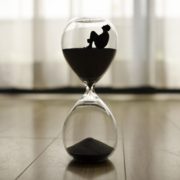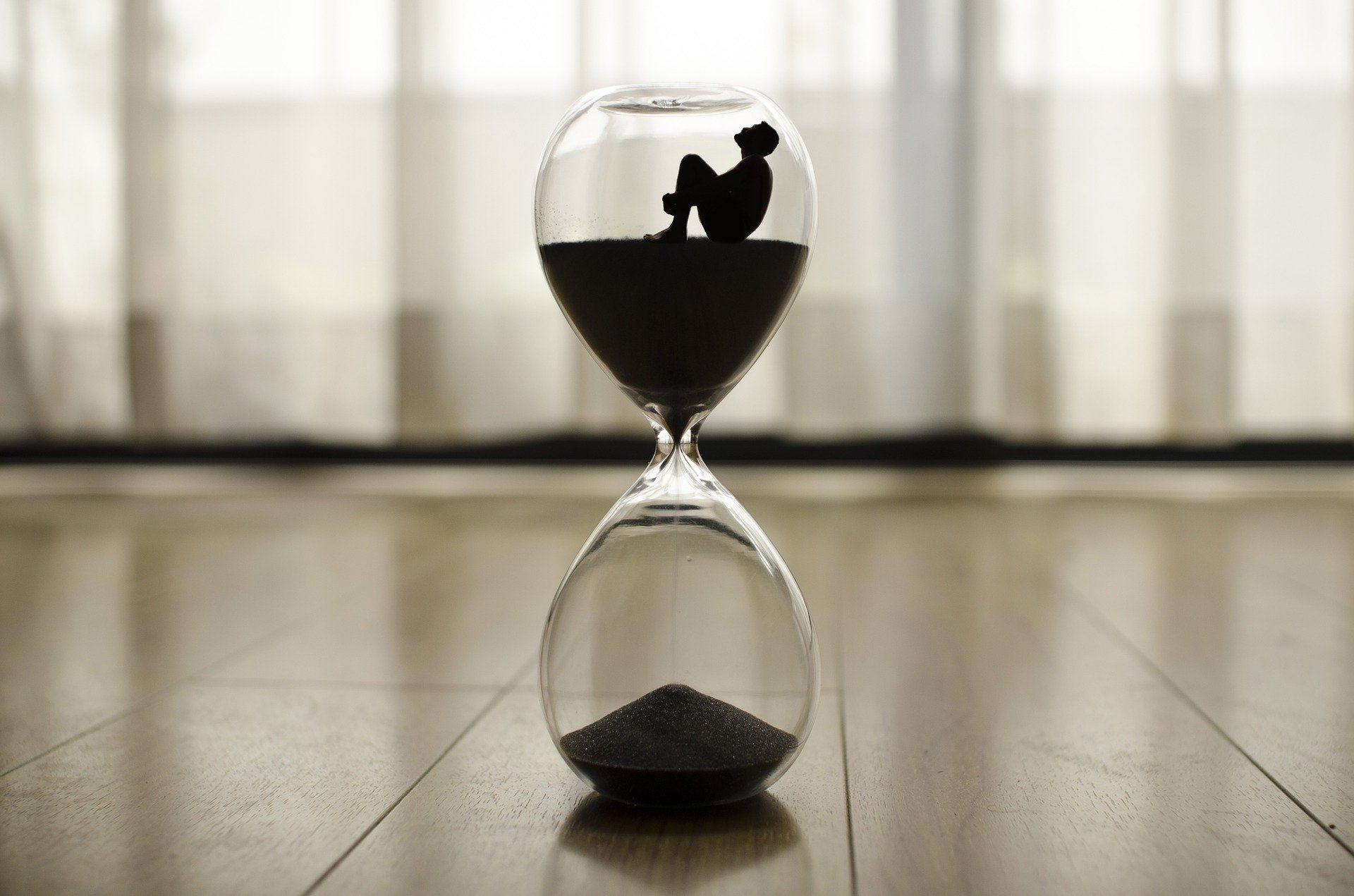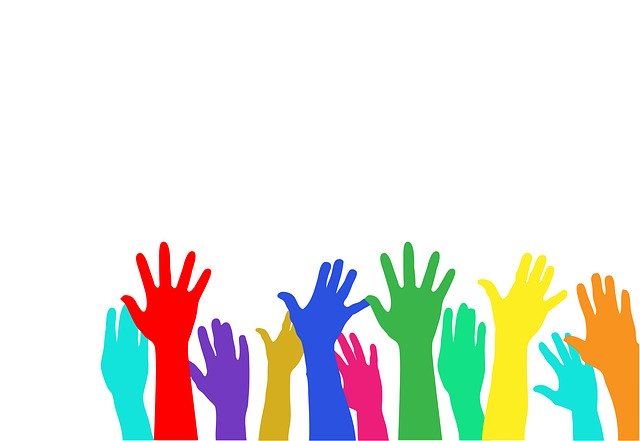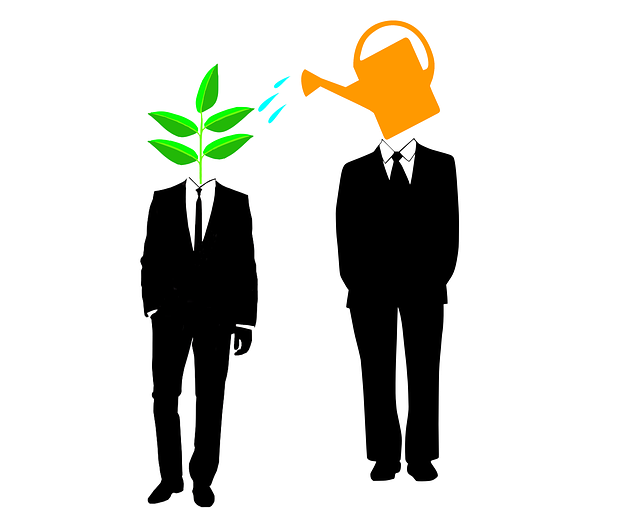
Photo by tabitha turner on Unsplash
Would you agree that there is a prevailing attitude today that getting old really sucks? Especially amongst those who are a considerable distant from that inevitability.
I found myself time traveling back to my youth and comparing my attitude to that of the youth of today. Attitudes in the 40s and 50s were definitely different. There was still a modicum of respect for those of advanced numbers. I revered my grandparents as I watched them age. They died earlier than grandparents of today, the product of decades of hardscrabble living in rural, windy southeast Wyoming.
But we loved ’em and cared for them in their decline. No warehousing. Aging and death in place.
Will we return to that reverence for the elderly? Let’s not hold our collective breaths.
Can we blame them?
I guess it’s just one more demonstration of a naive attitude from our ill-and TikTok-informed youth. But, can we really blame our media-infected youngsters for viewing “old” as bad when the vast majority of media portray “people of advanced age” as irrelevant, slow, useless, unattractive, etc.?
In his recent book, “What Retirees Want”, Dr. Ken Dychtwald references a 2019 AARP study of the online media image portrayals of people age 50 and up. That age cohort represent 46% of the population but only 15% of the people pictured. The study found that older adults are seven times as likely to be portrayed negatively as younger ones, and the portrayals are heavily stereotyped.
Dychtwald further points out that the average age of advertising agency employees is 34 and they are openly transfixed on their own age cohort.
Since there may be a prevailing tendency to not think on their own amongst the younger, maybe we can’t blame them for this attitude and bias?
It wasn’t always like this. Old used to be “in”, even here in the U.S. The signers of the U.S. Constitution, although relatively young, tried to look older (white wigs) because age was venerated. Older meant wiser and the younger looked to this wisdom for advice and direction.
Then, as we approached the 20th century, it all got turned upside down as we moved into and through the industrial revolution. Sage wisdom began to be replaced with an obsession with youth.
Portals galore.
In the 19th century, we essentially had two age classifications – child and adult. Today, with the help of social scientists and creative and opportunistic marketing experts, we have at least seven age portals: newborn, infancy, childhood, adolescent, young adult, middle age, and old age – each creating its own opportunity for marketing and profit.

Do you notice the 6:1 ratio there? Old age almost seems to be an afterthought. The status and privilege enjoyed by older society members eroded and the old represented a burden on society, an obstacle to progress.
I remember someone saying: “Youth is wonderful. It’s too bad it’s wasted on the young.” Our global obsession with youth is wrongheaded and ignorant and blinds us to the real world of what it’s like and what it means to grow old.
Be the example.
While it certainly is not true for everyone as they age, the vast majority of those 50+ enter their later years in great shape mentally and emotionally despite the tide of ageism and youth-orientation that older people swim against.
What our naive youth don’t understand – and most likely will never be willing to accept – is that they are headed to an abyss of emotional and psychological instability that, on average, bottoms out in early middle-age i.e. 47–50.
Research shows that, on average, it gets better from there and reaches a peak of happiness and overall well-being in the late 60s on through into the 80s.
What? The experience of “fun” dips in mid-life and then rises to a peak in the retirement years? Yep! Share that with the next irreverent, arrogant, whipper-snapper millennial that dishonors your modern elder status.
Here’s what “fun” looks like at various life stages, according to an AgeWave/Merrill Lynch study entitled “Leisure in Retirement: Beyond the Bucket List”
Age Happiness/Fun Level (on 1-10 scale)
25 – 6.4
35 – 6.0
45 – 6.0
55 – 6.4
65 – 7.3
75 – 7.1

That same study revealed that most retirees are turning out to be living their best years with their contentment and relaxation in the 70+ percentile and anxiety in the under-20 percentile while 25-35-year-olds are in the 30-50 percentile in all three categories.
So, on average Mr./Ms. Irreverant Youngster, your worst years are looking you in the face while you buy into the myths of aging and deploy your abject ageism. Meanwhile, we slow, stooped, senile, slobbering, senior citizens control 76% of the wealth in the U.S. and, frankly, are doing just fine, thank you.

We are now “modern elders”, not senior citizens. We are living longer and healthier, we are highly active, and are the biggest givers of our wealth and our time for other than self-aggrandizement. We have finely-tuned “bullshit meters” based on life’s experiences and our acquired wisdom.
Yet, we are patient with youthful insolence knowing that age has a way of bringing things into proper focus.




















